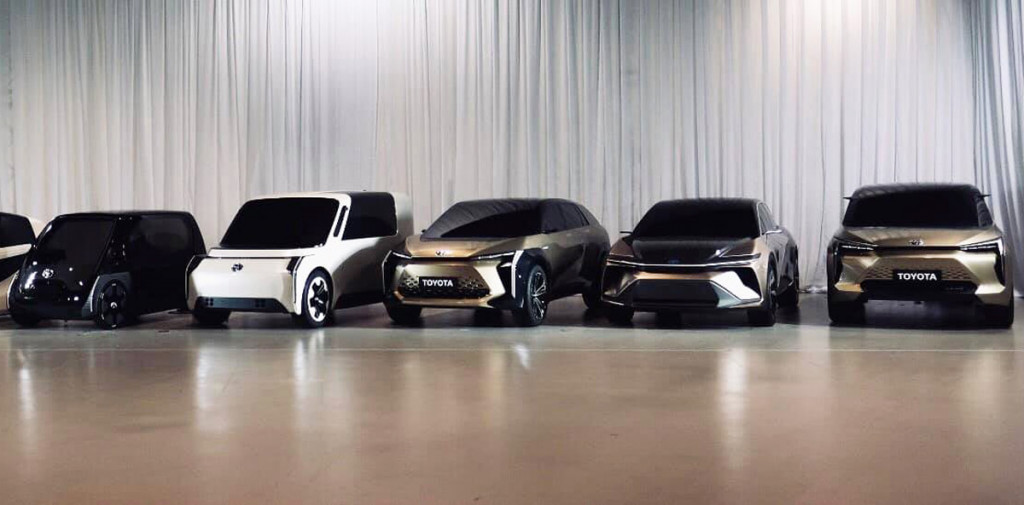Toyota hopes to be the first automaker to launch an electric car with solid-state batteries, aiming to unveil a prototype next year, ahead of a production launch relatively soon after that, Nikkei Asia reported Thursday.
The automaker expects electric cars powered by solid-state batteries to have more than twice the range of vehicles using current lithium-ion battery chemistry, with the ability to fully recharge in just 10 minutes, according to the report, which also said Toyota has over 1,000 patents related to solid-state batteries.
While Toyota seems fairly far ahead of other Japanese automakers (Nissan doesn't plan to start real-world testing of solid-state batteries until 2028, the report said), the country's automotive suppliers appear to be gearing up for production.
Mitsui Mining and Smelting (also known as Mitsui Kinzoku) will build a pilot facility to make electrolyte for solid-state batteries, the report said. Located at an existing research and development center in Japan's Saitama Prefecture, the facility will be able to produce "dozens of tons" of solid electrolyte starting next year, enough to fulfill demand for prototypes, according to the report.

Concepts preview battery-electric cars being developed at Toyota
The timetable discussed in the report is accelerated from what a top Toyota executive suggested just this summer. In an interview with Automotive News in July, Keiji Kaita, executive vice president of Toyota's powertrain division, said limited production of solid-state batteries would start in 2025.
This report also suggests that solid-state battery cells could have much-improved energy density. That echoes a Samsung statement from earlier this year, suggesting its solid-state tech could double energy density.
Solid-state cells have become something of a trend among battery makers. Apple iPhone maker Foxconn is working on a solid-state battery for EVs due by 2024, and VW-backs QuantumScape—with ex-Tesla CTO JB Straubel on the board—recently suggested that its battery tech might be nearing the stage when it can be deployed in EVs.
Tesla itself sees solid-state technology as farther off, however. The company is looking at other technologies to achieve greater energy density, longer lifespan, and lower manufacturing costs.
